The word ‘Epstein files’ has been haunting the Trump administration for months and on Wednesday (November 19), the US president signed into law a bill that requires the release of government records on convicted sex offender Jeffrey Epstein.
After giving his approval to the Epstein Files Transparency Act — a reversal from his previous stance — Trump wrote in a social media post, “Perhaps the truth about these Democrats, and their associations with Jeffrey Epstein, will soon be revealed, because I have just signed the bill to release the Epstein files.
“Democrats have used the ‘Epstein’ issue, which affects them far more than the Republican Party, in order to try and distract from our amazing victories.”
With Trump signing the act into law, the US Justice Department has to release all files and communications related to the late sex offender, as well as any information about the investigation into his death in a federal prison in 2019, within 30 days.
But what exactly could be revealed from the Epstein files? Also, for those who think this is the end of the matter, think again. The US president may have signed the bill for the release of the Epstein files, but that doesn’t mean all of it would come out in the open. And here’s why.
What exactly is the Epstein files?
Before we deep dive into what could possibly be revealed with the entirety of the Epstein files, let’s understand what they are.
The Epstein files refer to the trove of evidence collected by the US Justice Department and FBI during a probe in Florida that led to his 2008 conviction for procuring a minor for prostitution and the investigation that led to his later indictment in New York.
During the course of their investigation, authorities found over 300 gigabytes of data and physical evidence in its databases, hard drives and other storage. Amongst this data is a “large volume” of images and videos of victims and other illegal child abuse material.
However, only a sliver of material has ever been released into the public, resulting in Democrats as well as Republicans demanding for the release of all the information.
Who’s already been named in the Epstein files?
A slew of famous personalities have found themselves in the Epstein files. However, it’s important to note here that being mentioned in the Epstein documents does not necessarily imply any wrongdoing by the individuals named.
Interestingly, none other than US President Donald Trump has been mentioned in the documents — there are at least 1,500 references made to him in the files. The US president used to be friends with the late financier, but, as per the leader, the two fell apart and Trump has had nothing to do with him in a long time.
Other documents mention Britain’s Andrew Mountbatten Windsor, the former prince and brother of King Charles, Trump’s former advisor Steve Bannon, ex-US President Bill Clinton, and a cast of other characters from the world of media, politics and entertainment, who highlight the extent of Epstein’s contact book.
A recent batch of Epstein files also featured Clinton’s former Treasury Secretary and former Harvard University president, Larry Summers. The emails indicate the two met for dinner frequently, with Epstein often trying to connect Summers to prominent global figures. At one point, in July 2018, Epstein proposed a meeting with the “presidnt [sic] of united nations, interesting person for you”.
After the emails were released, Summers announced that he would step aside from his teaching duties at Harvard University. Additionally, Summers said he would resign from the board of directors at OpenAI, the technology giant that is helping power the artificial intelligence boom.
In a statement on Monday announcing his departure from “public commitments,” Summers said he was “deeply ashamed of my actions and recognise the pain they have caused”. “I take full responsibility for my misguided decision to continue communicating with Mr Epstein,” he said.
Other prominent names to have found mention in the Epstein files are Elon Musk, the world’s richest man, Michael Jackson, US Health Secretary Robert F Kennedy Jr, and professor Noam Chomsky.
Trump has signed the Epstein files bill. What should we expect?
On Wednesday, US President Donald Trump finally signed a bill compelling the US Department of Justice to make public its case files on the convicted sex offender Jeffrey Epstein. This comes after the US House of Representatives and the Senate passed the bill with an overwhelming majority — only one Republican said no to the legislation.
Now, the DOJ has a 30-day window to release all the information in the files, with many anticipating a mountain of information being released into the public. The exact nature of the documents yet to be released, what information they may include, remains to be seen. However, there are indications to be found based on the documents and other information already made public.
Most expect that the files release will contain all the investigative material against Epstein and his former girlfriend and convicted sex-trafficking accomplice Ghislaine Maxwell. It is also expected to reveal names of people in the government and society, who may have connections to the disgraced financier.
The files will also contain internal Department of Justice communications concerning decisions made on whether to charge, not charge, investigate or decline to investigate Epstein or his associates. Moreover, communications concerning the destruction, alteration or concealment of information related to Epstein, his associates his detention and death or investigative files is also likely to be included.
As Ankush Khardori, senior writer for Politico Magazine, noted, “There are many possible scenarios here. My mind is open to many, many possibilities, including the maximum cynicism scenario, in which we just get a bunch of dumps designed to hurt Democrats. And then they say, ‘Oh, we can’t disclose the rest. We’ll let you know when our investigation is over.’ But maybe there is some production of material that we’re all entirely surprised by.
One other scenario is we see a lot of scraps of information, including email correspondence, that reflect very poorly on a lot of people we know from politics.”
Is this the end of the Epstein files saga?
Sadly, no. While Trump has signed the bill demanding all Epstein files to be released publicly, there still might be a possibility that the Justice Department doesn’t release all of the information. As Republican Representative Marjorie Taylor Greene said earlier, “The real test will be: Will the Department of Justice release the files? Or will it all remain tied up in investigations?”
And that’s because of the fine print in the law itself. The bill allows the Justice Department to withhold information if it “would jeopardise an active federal investigation.”
This is very important as last week, Trump ordered Attorney General Pam Bondi to investigate former US President Bill Clinton, his former treasury secretary Larry Summers and Democratic donor Reid Hoffman after their names appeared in the email documents last week. She, in turn, quickly agreed to investigate, thereby creating new “active federal investigations.”
These active investigations could now be used by the Trump administration to block information they don’t want released.
As one of the bill’s architects, Republican Congressman Thomas Massie, said, “I’m concerned that [Trump is] opening a flurry of investigations, and I believe they may be trying to use those investigations as a predicate for not releasing the files. That’s my concern.”
There’s also an exception “authorised under criteria established by an executive order to be kept secret in the interest of national defence or foreign policy”.
It’s now a wait and watch game to see what unfolds next. Will the Trump administration reveal it all, or will the Epstein files continue to haunt us all?
With inputs from agencies


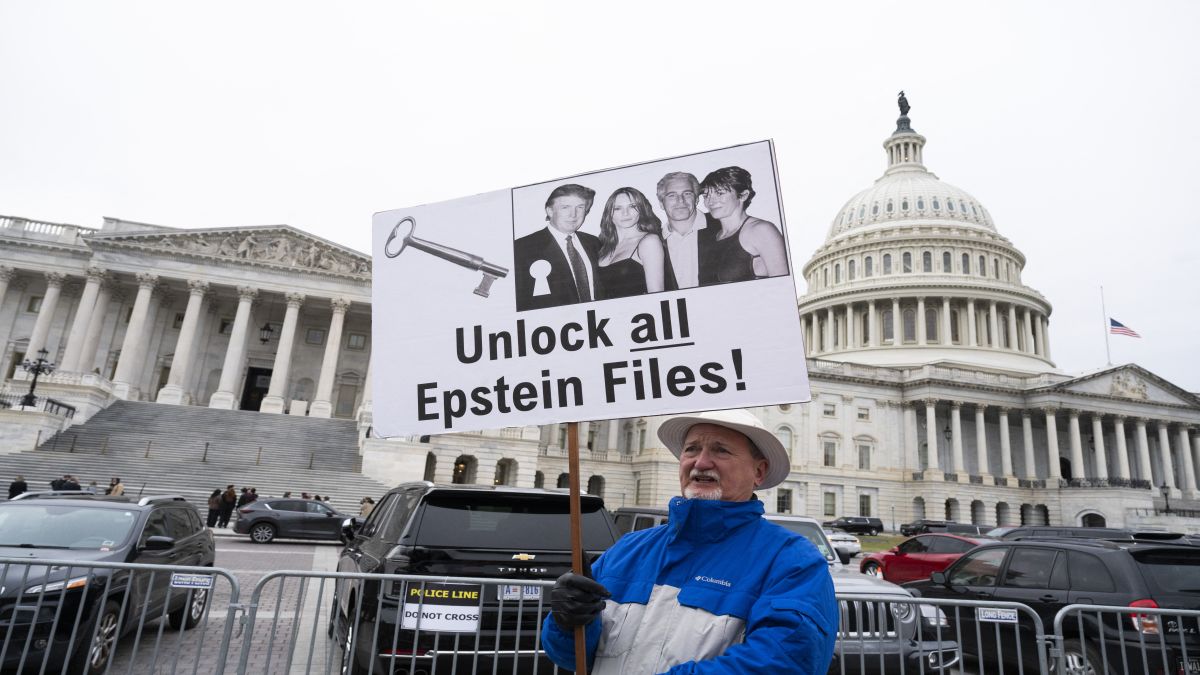)
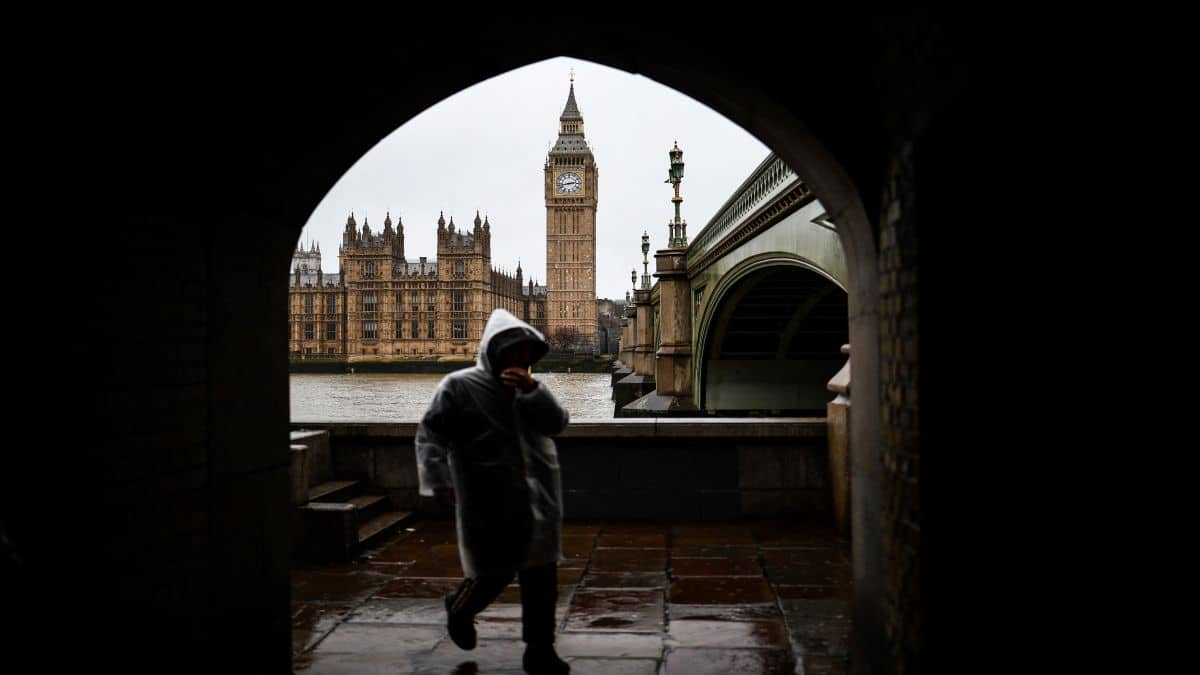
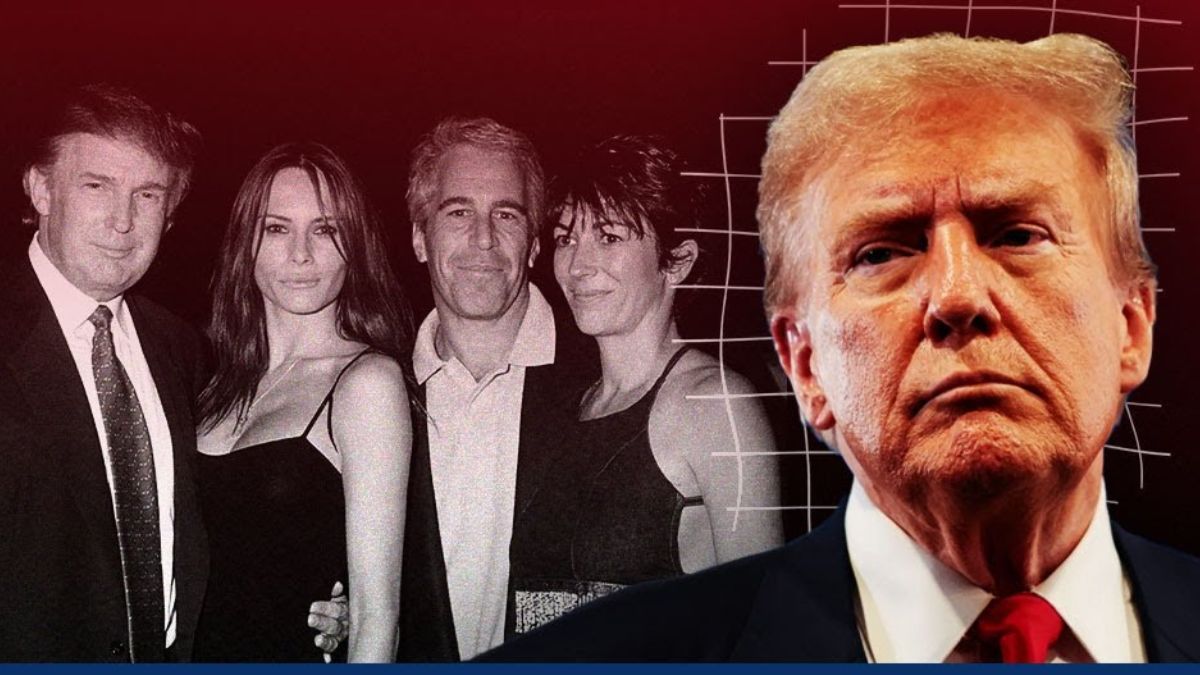)
)
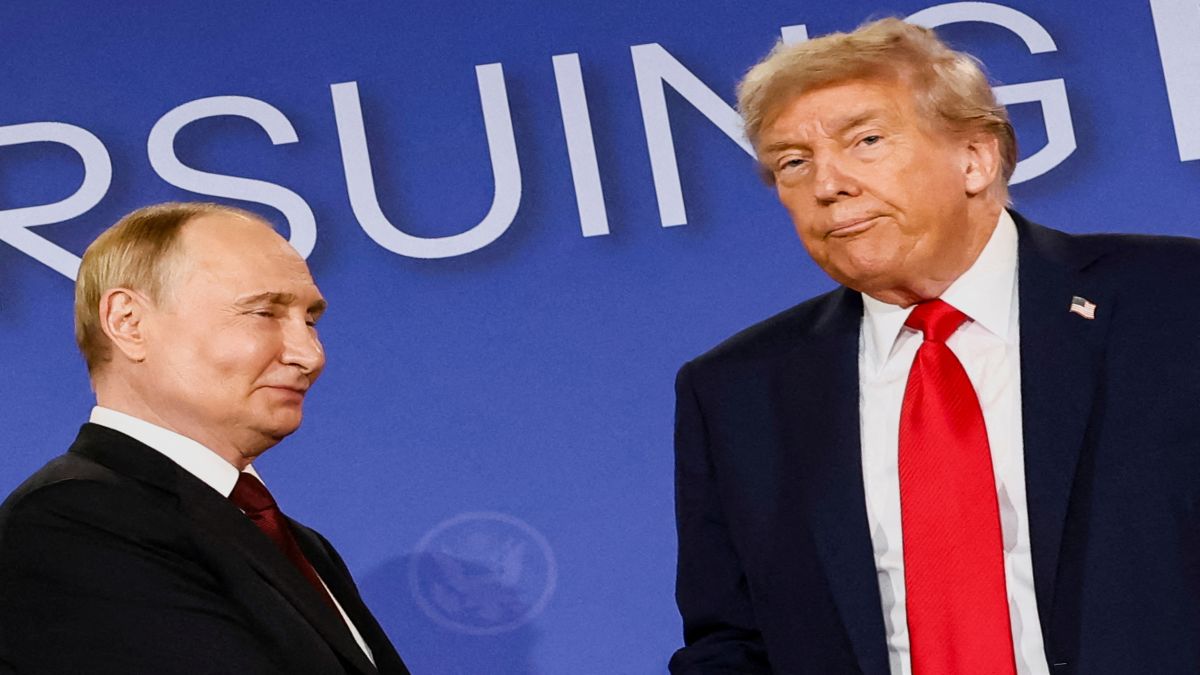)
)
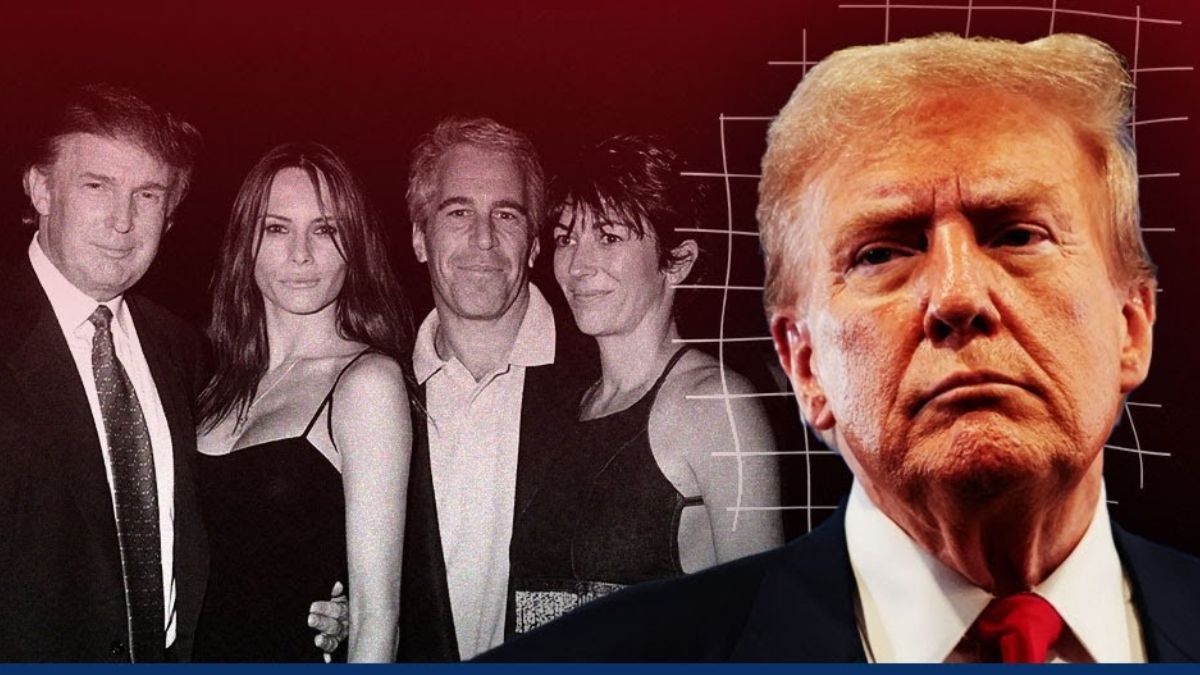)
)
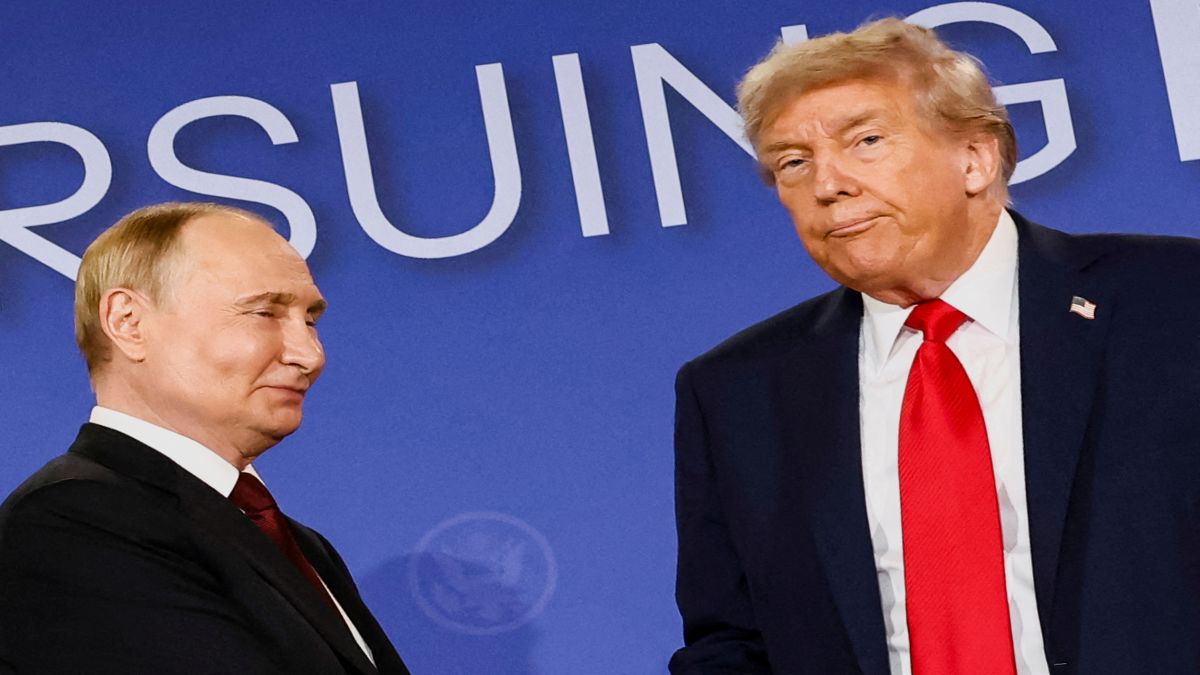)
)



